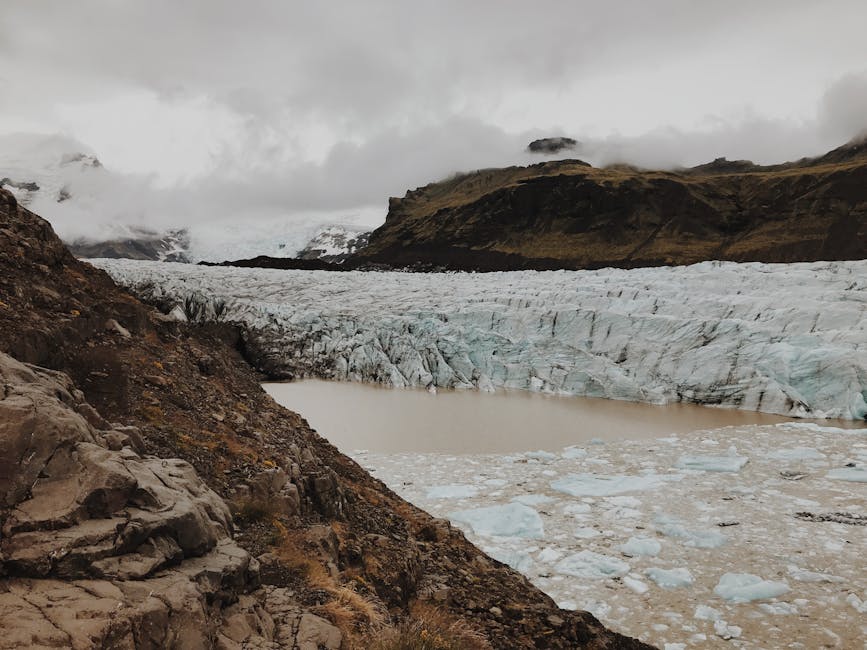Global warming, or climate change as it's more accurately called, is a hot topic these days, and not in a good way. It's the gradual increase in Earth's average surface temperature due to human activities, primarily the burning of fossil fuels like coal, oil, and natural gas. This releases greenhouse gases into the atmosphere, trapping heat and causing a warming effect.
The consequences of this warming trend are far-reaching and impact everything from rising sea levels and melting glaciers to more extreme weather events like hurricanes, droughts, and heatwaves. We're already seeing these effects play out around the world, with coastal communities facing inundation, agricultural lands struggling with changing weather patterns, and ecosystems being disrupted.
While the science behind climate change is complex, the basic idea is pretty simple. The Earth's atmosphere acts like a blanket, trapping some of the sun's heat and keeping the planet warm enough to support life. Greenhouse gases thicken this blanket, trapping more heat and causing the planet to warm up.
Human activities, particularly the burning of fossil fuels for energy, are significantly increasing the concentration of greenhouse gases in the atmosphere. Deforestation, industrial processes, and agriculture also contribute to these emissions. This increase in greenhouse gases is the primary driver of the observed warming trend.
The impacts of climate change are not just environmental; they also have significant social and economic consequences. Displacement of populations due to rising sea levels, food shortages caused by changing weather patterns, and increased healthcare costs associated with heat-related illnesses are just a few examples.
Addressing climate change requires a global effort. Reducing greenhouse gas emissions through the transition to renewable energy sources, improving energy efficiency, and adopting sustainable land use practices are crucial steps. International cooperation and policy changes are essential to achieving these goals.
While the challenge of climate change is significant, there is still hope. Technological advancements in renewable energy, increasing public awareness, and growing political will are all positive signs. Individual actions, such as reducing energy consumption, choosing sustainable transportation options, and supporting environmentally conscious businesses, can also make a difference.
The future of our planet depends on our collective action to address climate change. By understanding the science, acknowledging the urgency, and working together to implement solutions, we can create a more sustainable and resilient future for generations to come.

